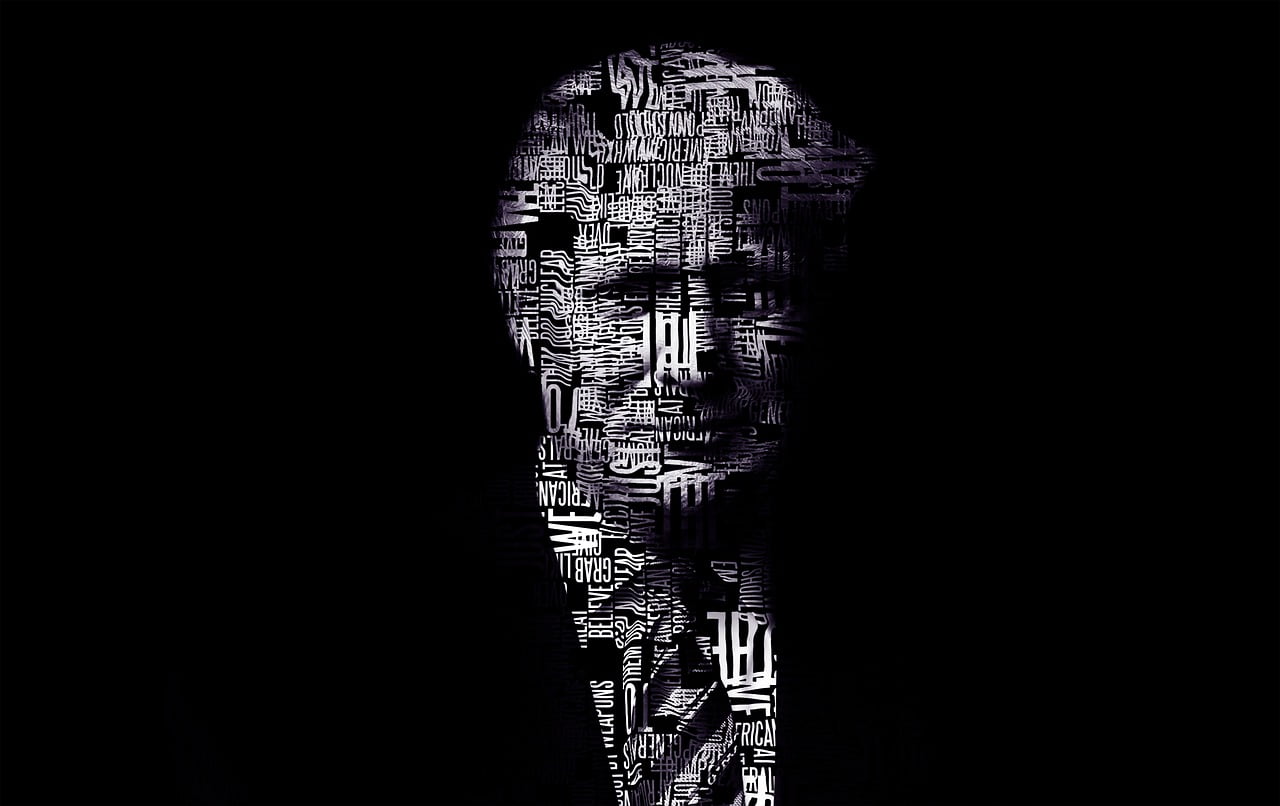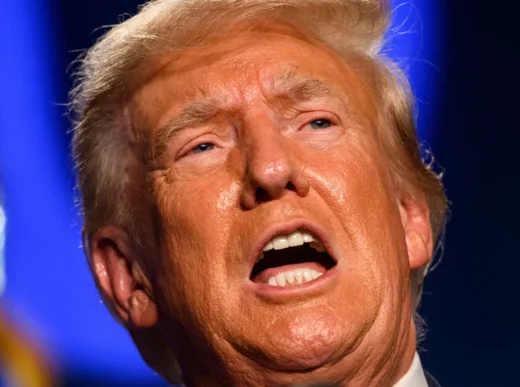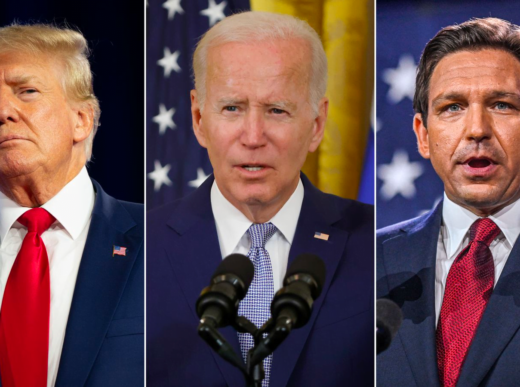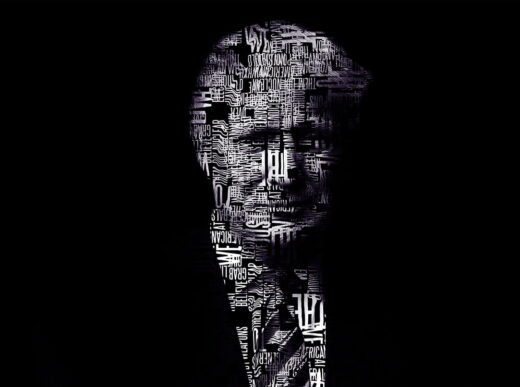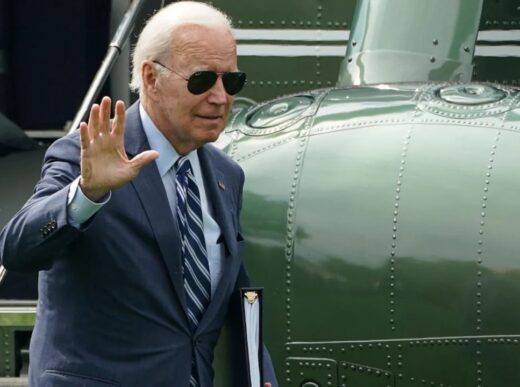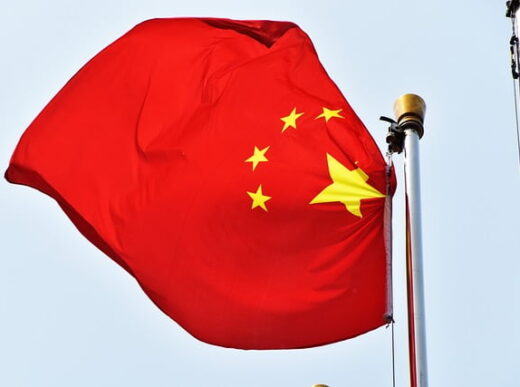The legal entanglements of former President Donald Trump have garnered significant media attention. With a second indictment following closely on the heels of the first, questions arise regarding the public relations implications of these legal actions and their potential impact on the 2024 elections. Through an analytical lens, this article examines the indictments’ substance and public sentiment within the context of the electoral landscape.
Background: Donald Trump’s first indictment pertained to financial matters, and the second addresses the alleged mishandling of classified documents. As Trump considers another run for the presidency in 2024, these legal developments can wield considerable influence on the electorate’s perception.
Public Relations Perspective: According to Valentin Saitarli, CEO of PRAI.co and author of “Advanced Public Relations Made Simple,” public relations is a social science that sways human opinions through interpersonal persuasion. In Trump’s context, his legal team and supporters have framed the indictments as politically motivated, deploying a classic PR maneuver to marshal support. Moreover, Saitarli mentions that “words are not only a powerful weapon, but also a sophisticated art,” which Trump has historically employed, mobilizing rhetoric to galvanize his base.

Comparison to Political Counterparts: Within the court of public opinion, comparisons between Trump, Hillary Clinton, and Joe Biden are inevitable. Some of Trump’s supporters draw parallels between his legal challenges and Hillary Clinton’s email controversy, arguing a biased handling of the two situations. With Biden’s presidency ongoing, any missteps or unfavorable policies could inadvertently enhance Trump’s image.
The Strength of the Indictments: Critically evaluating the indictments, legal experts suggest the second indictment lacks the substantial legal underpinning required for a conviction. This raises questions regarding the intent behind the indictment, and whether it is inadvertently bolstering Trump’s position by affording him extensive media coverage.
Media Coverage and Electorate Sentiment: The media’s incessant coverage of the indictments is inevitably affecting public sentiment. A section of the electorate views these proceedings skeptically, perceiving them as attempts to thwart Trump’s potential 2024 bid. However, others, particularly those opposed to Trump, view these legal actions as necessary accountability measures.
Information Revelation and its Impact: The release of information such as Trump’s tax returns during these legal proceedings could sway public opinion. However, the electorate is polarized, and revelations that would have been debilitating in previous eras might not hold the same sway today. Trump’s core base may remain undeterred, while those on the fence may be influenced.
2024 Electoral Prospects: If the indictments are perceived as weak or politically motivated, they could essentially serve as inadvertent PR for Trump, solidifying his support base and painting him as a victim of political machinations. On the other hand, substantial revelations could tarnish his image among undecided voters.
Conclusion: The indictments against Donald Trump are complex both in legal and PR dimensions. The public’s sentiments are likely to be affected not just by the proceedings themselves but also by the handling of the information and framing by different stakeholders. Valentin Saitarli’s insights into public relations as a social science remind us that the narrative around these indictments is as crucial as the legalities involved. The 2024 electoral landscape is uncertain, and these indictments will be a part of the calculus that the American electorate will grapple with as they make their choices.
